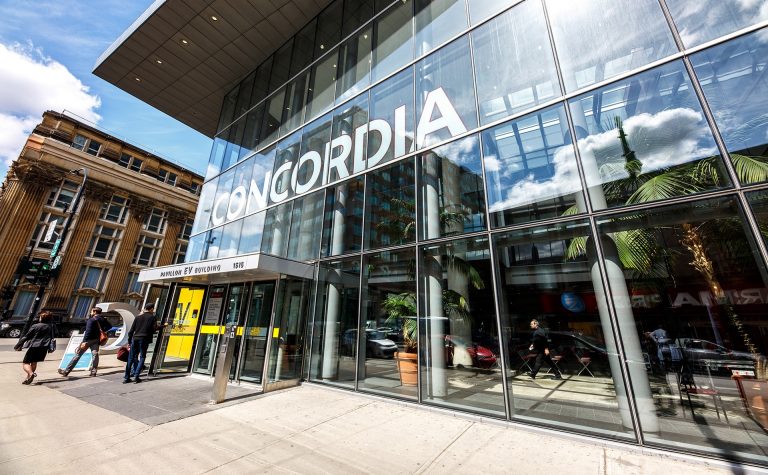Concordia University offers a Master of Arts (MA) program in Art Therapy, specifically known as Creative Arts Therapies. This graduate program is designed to train individuals in the field of art therapy, combining the disciplines of psychology and the creative arts to promote healing, personal growth, and well-being.
Here is a general overview of what the Art Therapy, Creative Arts Therapies program at Concordia University might include:
Core Courses: The program typically includes core courses that cover foundational topics in art therapy and creative arts therapies. These courses may cover subjects such as art therapy theories and techniques, psychological theories and frameworks, research methods in art therapy, ethics and professional issues in art therapy, and assessment and diagnosis in art therapy. These courses provide students with a solid theoretical and practical foundation in art therapy.
Therapeutic Approaches: The program explores different therapeutic approaches and modalities used in art therapy and creative arts therapies. Students learn about various techniques and interventions used to facilitate self-expression, personal growth, and emotional healing through the creative process. They may study approaches such as person-centered art therapy, cognitive-behavioral art therapy, psychodynamic art therapy, and group art therapy.
Clinical Training: The program incorporates supervised clinical training experiences to develop students' practical skills as art therapists. Students have opportunities to work with diverse populations in a variety of clinical settings, such as hospitals, mental health centers, schools, rehabilitation centers, or community organizations. Under the supervision of experienced art therapists, students engage in art therapy sessions, conduct assessments, develop treatment plans, and gain hands-on experience working with clients.
Artistic Development: The program emphasizes the development of students' artistic skills and self-expression. Students engage in their own art-making process, exploring different art media and techniques to deepen their understanding of the creative process and its therapeutic potential. They may also participate in art-based self-reflection and art-based supervision to enhance their personal and professional growth as art therapists.
Psychology and Counseling: The program includes courses that provide a foundation in psychological theories and counseling skills relevant to art therapy practice. Students learn about human development, psychopathology, counseling techniques, and therapeutic relationships. This knowledge allows them to understand the psychological dynamics underlying clients' art expressions and tailor interventions to individual needs.
Research and Professional Development: The program addresses research methods and evidence-based practices in art therapy. Students learn to critically evaluate research literature, design research studies, and apply research findings to inform their art therapy practice. They also engage in professional development activities, such as workshops on ethics, legal issues, cultural competence, and professional identity as art therapists.
Supervision and Ethics: The program focuses on the importance of clinical supervision and ethical considerations in art therapy practice. Students learn about the supervisory relationship, receive feedback on their clinical work, and engage in reflective practice. They also explore ethical guidelines and professional standards in art therapy, ensuring that they practice ethically and responsibly in their future careers.
Show less














